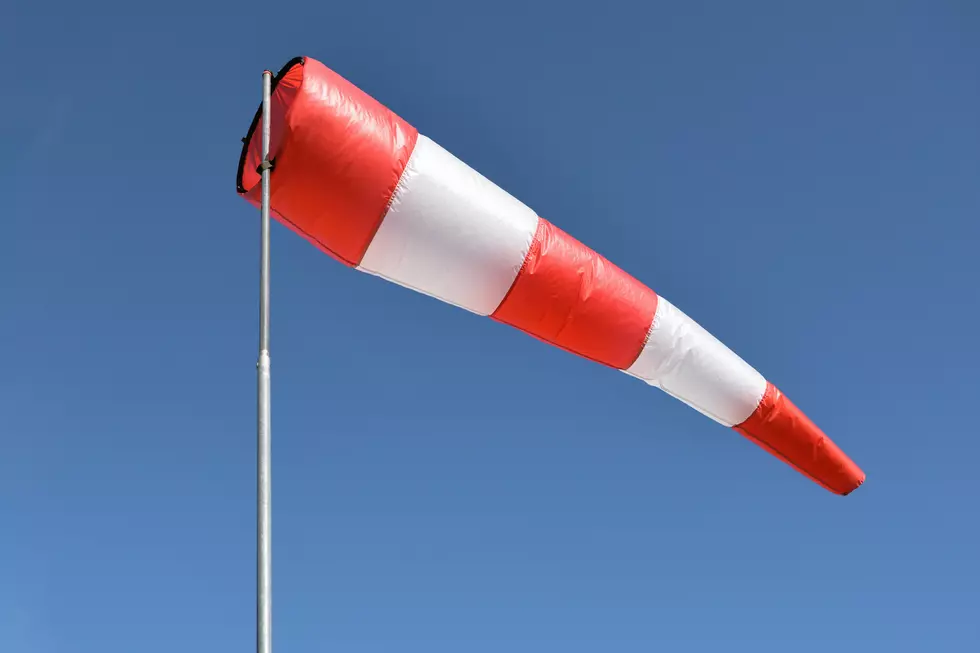
Batteries Pose Threat to Your Children, Household
We are living in the age of technology, and to make that technology run, we need electricity. There are many great options to get this electricity- for Wyoming, energy derived from coal allows our economy to prosper even during recessions. One popular power source for many of our electronic devices is batteries. While typically safe, there are many hazards associated with batteries, especially if they are ingested.
"Well of course they're dangerous if ingested- what a silly, ridiculous, and elementary thing to say," you're saying to yourself right now.
You're right- as an individuals capable of surfing the world wide web and reading stories that deal with the ingestion risks of batteries, you certainly have the mental capacity to comprehend that eating batteries is bad. Sadly though, not everyone in our country (or state for the matter) has your level of mental capacity. Mainly, I'm referring to small children, who have the tendency to place things in their mouths and subsequently, swallow them.
The most substantial risk comes from the small, coin sized batteries found in many remote control devices, reading lights, flashlights, flameless candles, singing greeting cards, bathroom scales, hearing aids and car remotes. With the prevalence of these batteries in nearly every American household, it should come as no surprise that in 2010, there were more than 3,400 reported ingestions in the U.S. In the last week alone, Wyoming's Poison Center received four button battery ingestion calls.
Most calls are on behalf of young children, but there are a surprising amount of ingestions from the elderly, who have mistaken button batteries for pills. These batteries can cause harm for a number of reasons, the main ones being the risk of becoming lodged in the throat or intestine, but there is also a substantial danger caused when lithium button batteries are ingested because saliva triggers an electrical current and often chemically burns the esophagus.
For further questions regarding battery consumption, contact the Nebraska Regional Poison Center at 1-800-222-1222, or visit their website. Also, to prevent unintentional battery consumption, you can follow these steps:
- Discard button batteries carefully
- Don't allow children to play with button batteries
- Never put button batteries in your mouth
- Always check medications before ingesting them
- Use tape to secure battery compartments of many electronic devices that are run by button batteries
More From KOWB 1290









